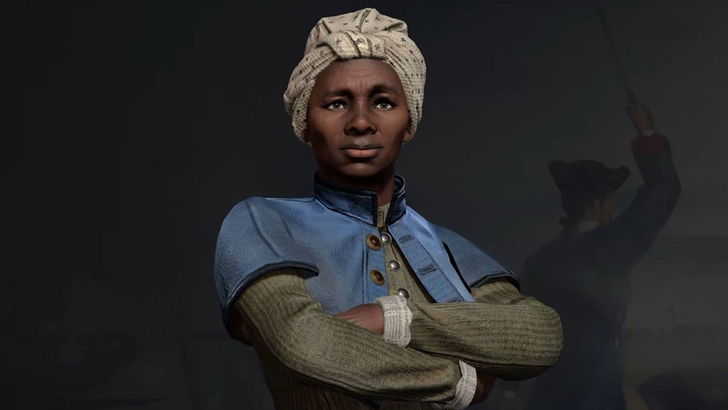
Civilization's leaders are as iconic as the civilizations themselves. Firaxis' approach to choosing each nation's representative has evolved significantly over the years. Let's explore Civilization VII's roster and how it redefines leadership.
← Return to Sid Meier's Civilization VII main article
Civ VII Redefines What it Means to Be a Leader
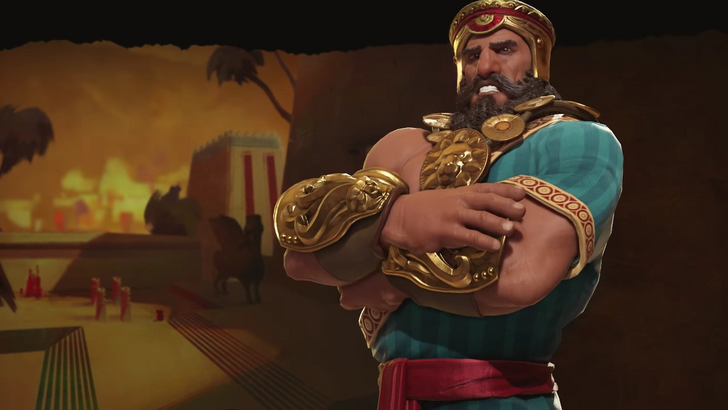
Civilization leaders have been integral to the series since its inception, shaping its core identity. Each leader embodies their civilization, becoming as crucial to gameplay as the civilization itself. While their role remains constant, the representation of leaders has diversified and evolved with each installment, refining the concept of leadership and its impact on gameplay.
This exploration delves into Civilization's history, examining the evolution of its leader roster, the changes in each iteration, and how Civilization VII uniquely redefines leadership.
Early Civilization: A Club of Superpowers
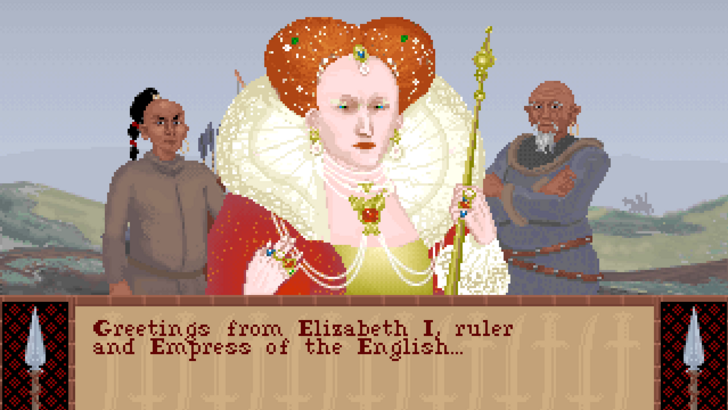
The original Civilization featured a relatively simple roster compared to later games. Most were global superpowers of the early 1990s and historical antiquity. With limited design scope and technical capabilities, the game included only 15 civilizations, featuring established powers like America, Rome, Greece, Japan, China, France, Egypt, and Russia. Leadership was straightforward—leaders were historical heads of state. The selection prioritized widely recognized figures.
This resulted in leaders like Abraham Lincoln, Tokugawa Ieyasu, Mahatma Gandhi, and Julius Caesar, alongside more controversial choices such as Mao Zedong and Joseph Stalin. Elizabeth I was the sole female leader. This approach, while simple, was a product of its time. However, the series' evolution quickly brought about significant changes.
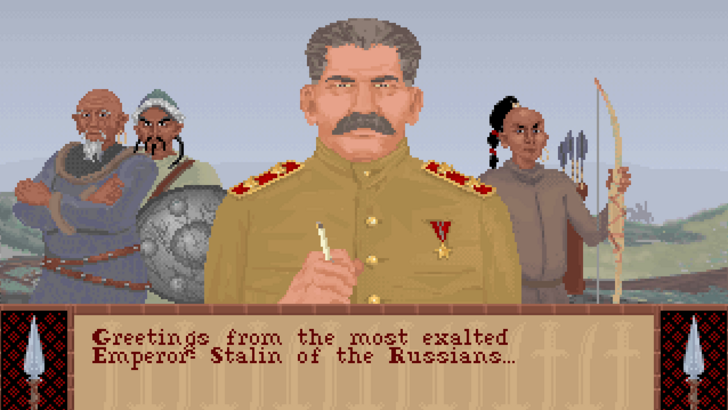
Civilization II Through V: Expanding Diversity and Creativity
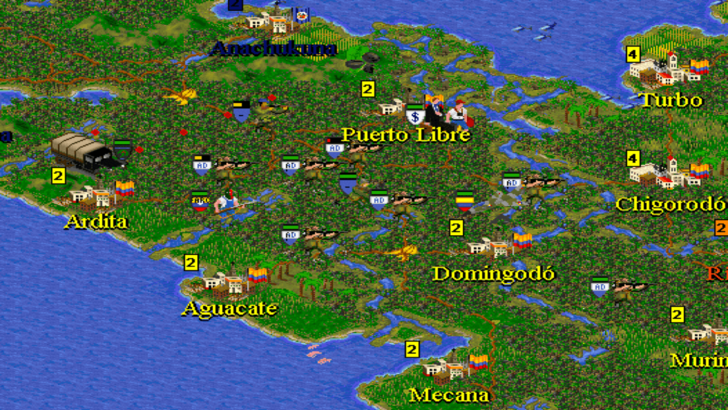
Civilization II expanded the roster and included lesser-known powers like the Sioux. Importantly, it introduced a separate female leader roster, providing alternative choices for each civilization. The definition of "leader" broadened, encompassing influential figures beyond heads of state. Sacagawea (Sioux) and Amaterasu (Japan) exemplify this shift.
Civilization III, while removing the separate female roster, integrated more female leaders into the main roster (six in total). Joan of Arc replaced Napoleon for France, and Catherine the Great replaced Stalin for Russia.
By Civilization IV and V, the roster significantly expanded, and the definition of leadership further broadened. Revolutionaries, generals, reformers, and even consorts became common. Traditional leaders were replaced or supplemented; Wu Zetian replaced Mao Zedong for China, and both Victoria I and Elizabeth I represented England. The focus shifted from solely powerful and famous figures to a more inclusive representation of humanity.
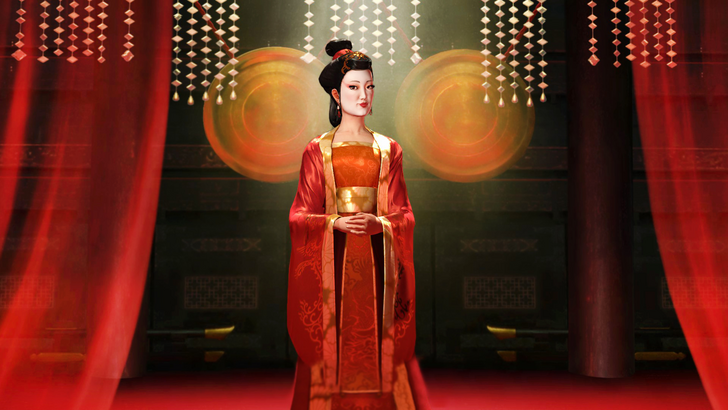
Civilization VI: Characterization and Creativity Flourish
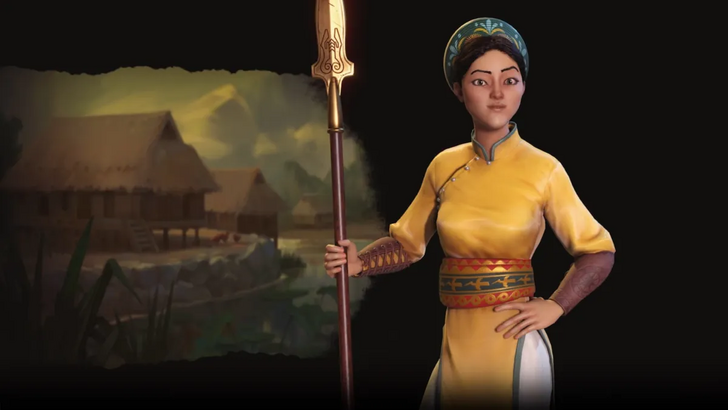
Civilization VI saw a flourishing of characterization, diversity, and creativity. Leaders were depicted as stylized animated caricatures. The introduction of Leader Personas—alternative versions emphasizing different aspects of a leader's personality or rule—offered varied playstyles. Lesser-known figures from less prominent civilizations were included.
Lautaro (Mapuche), Bà Triệu (Vietnam), and Queen Gorgo (Sparta) are notable examples. The focus shifted from a leader's entire legacy to specific chapters of their lives, foreshadowing Civ VII's approach. Multiple leader options for civilizations like America (Lincoln, Roosevelt) and China (Qin Shi Huang, Wu Zetian, Yongle) were introduced. Leader Personas added further diversity to the roster (Catherine de Medici, Theodore Roosevelt, Harald Hardrada, Suleiman, and Victoria).
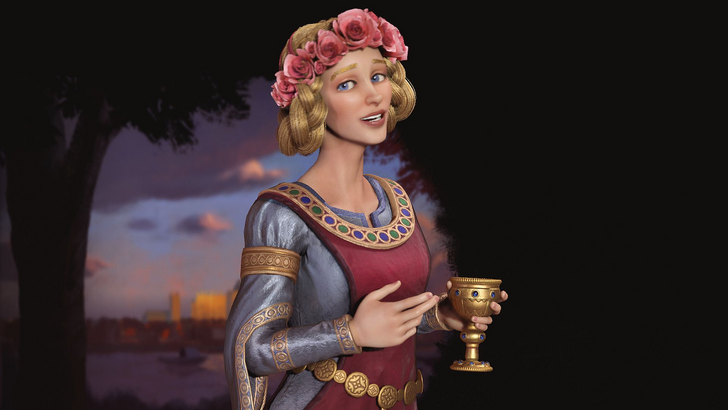
Civilization VII: Fresh Faces and Unique Leaders
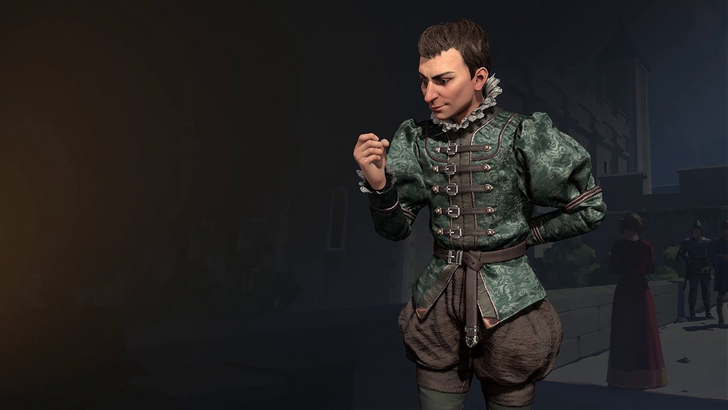
Civilization VII represents the culmination of Firaxis' evolving leader selection philosophy. It features the most diverse and creative roster yet, with unconventional leaders, multiple personas, and carefully curated choices for distinct playstyles. A mix-and-match approach allows lesser-known figures to take center stage.
Harriet Tubman, the American abolitionist, is a prime example, filling the spymaster niche. Niccolò Machiavelli, known for his diplomatic writings, is another unexpected addition. José Rizal of the Philippines finally receives representation, focused on diplomacy and narrative events.
Over nearly 30 years, Civilization has evolved from a game about superpowers to a diverse representation of humanity. The definition of leadership has changed dramatically, but the importance of leaders remains central. The future may see contemporary leaders included, but for now, Civ VII's roster is a rich tapestry of historical figures.
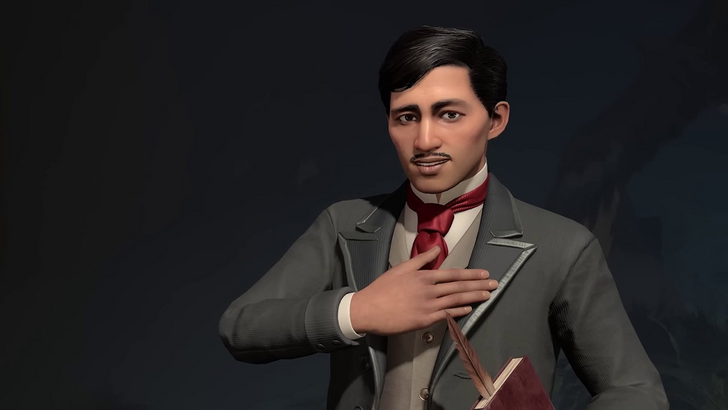
← Return to Sid Meier's Civilization VII main article
Sid Meier's Civilization VII Similar Games







